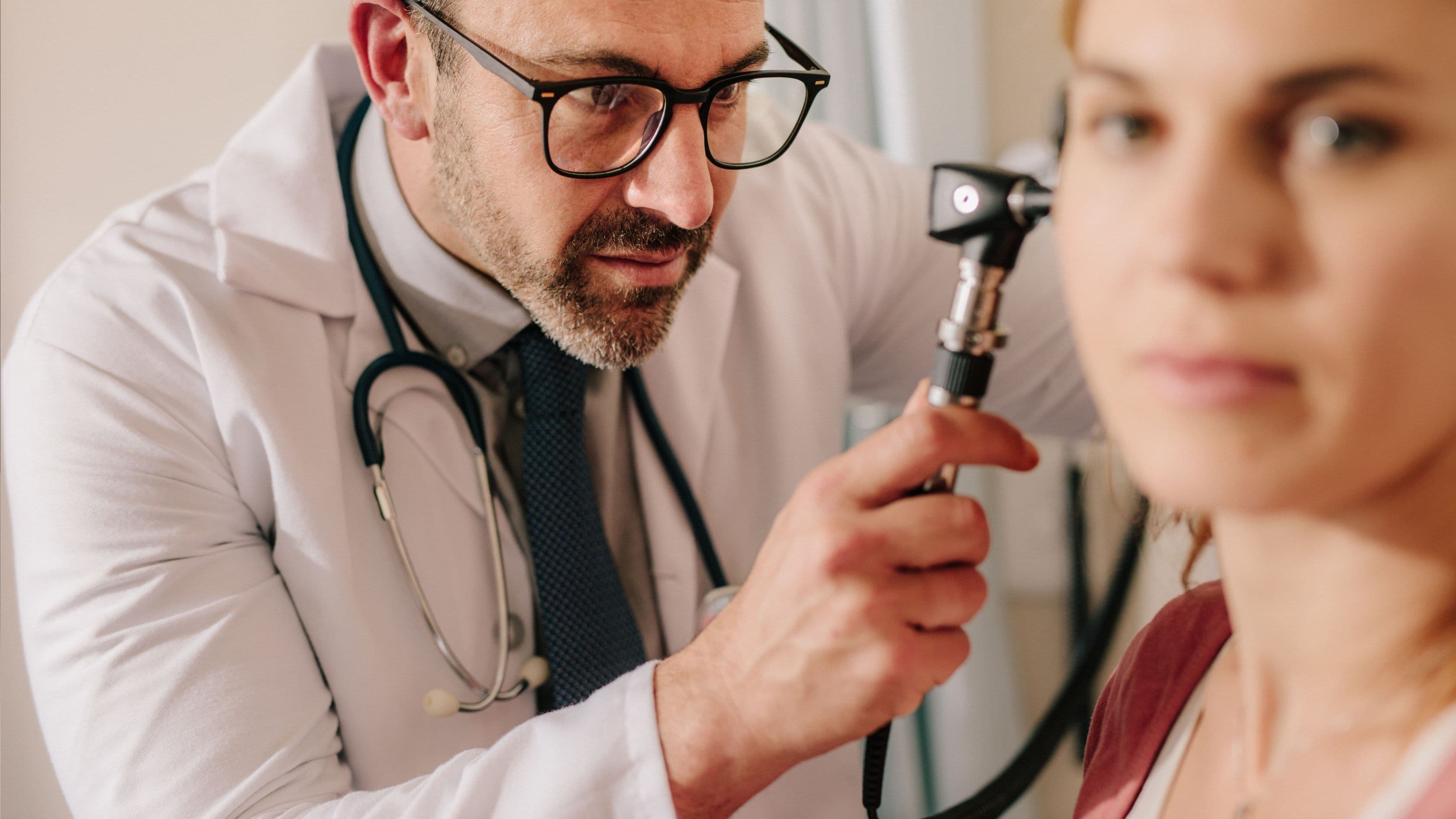Ear Fullness and Popping: Uncorking Your Inner Ear
Ear fullness and popping are common occurrences that can be bothersome but are rarely a cause for serious concern. This article explores the causes of these sensations, potential remedies, and when to seek medical attention.

What is Ear Fullness and Popping?
Ear fullness, medically known as aural fullness, is a sensation of pressure or congestion within the middle ear. Ear popping, also known as tympanometry, is a popping or crackling sound that can accompany the feeling of fullness. These sensations often occur together and can be caused by various factors affecting the Eustachian tube.
The Eustachian Tube: Your Ear's Pressure Regulator
The Eustachian tube is a small canal that connects the middle ear to the back of your nose and throat. It plays a crucial role in:
- Equalizing pressure: The Eustachian tube helps maintain equal air pressure on both sides of the eardrum. This is essential for proper hearing and vibration of the eardrum.
- Drainage: The Eustachian tube also helps drain fluid from the middle ear into the back of the nose and throat.
Causes of Ear Fullness and Popping
Several factors can disrupt the Eustachian tube function, leading to ear fullness and popping:
- Colds and Allergies: Congestion from colds, allergies, or sinusitis can block the Eustachian tube, causing pressure buildup and a feeling of fullness.
- Changes in Altitude: Rapid changes in altitude, such as during flying or mountain driving, can cause pressure imbalances in the middle ear, leading to fullness and popping.
- Earwax Buildup: Excessive earwax buildup can block the Eustachian tube, causing a feeling of fullness and muffled hearing.
- Swimmer's Ear: Inflammation of the outer ear canal (otitis externa) can cause ear fullness and pain, along with difficulty hearing.
- Sinus Problems: Sinus infections can cause inflammation and congestion that affects the Eustachian tube, leading to ear fullness and popping.
Ear fullness and popping are often temporary and related to issues affecting the Eustachian tube. Simple remedies can usually address these sensations. However, persistent symptoms or accompanying pain warrant a visit to your doctor.